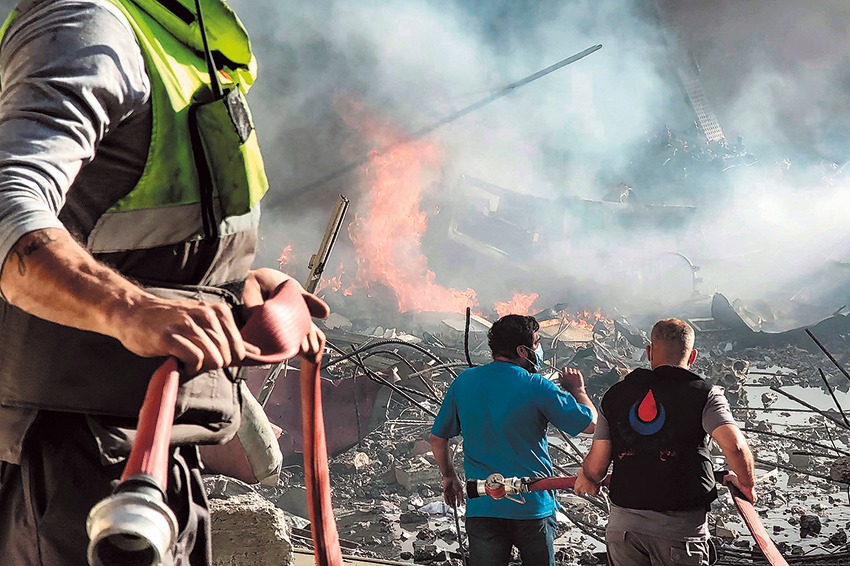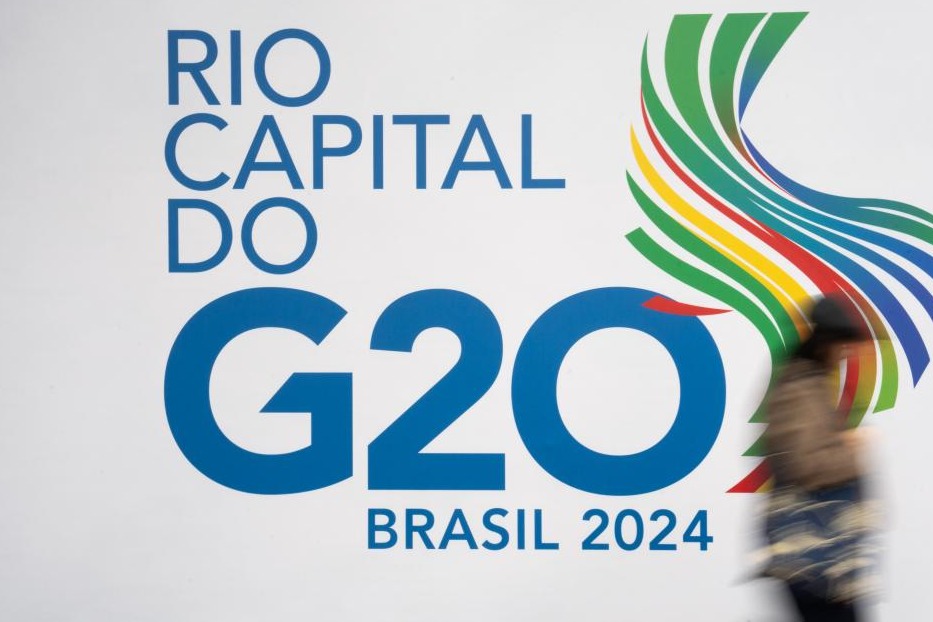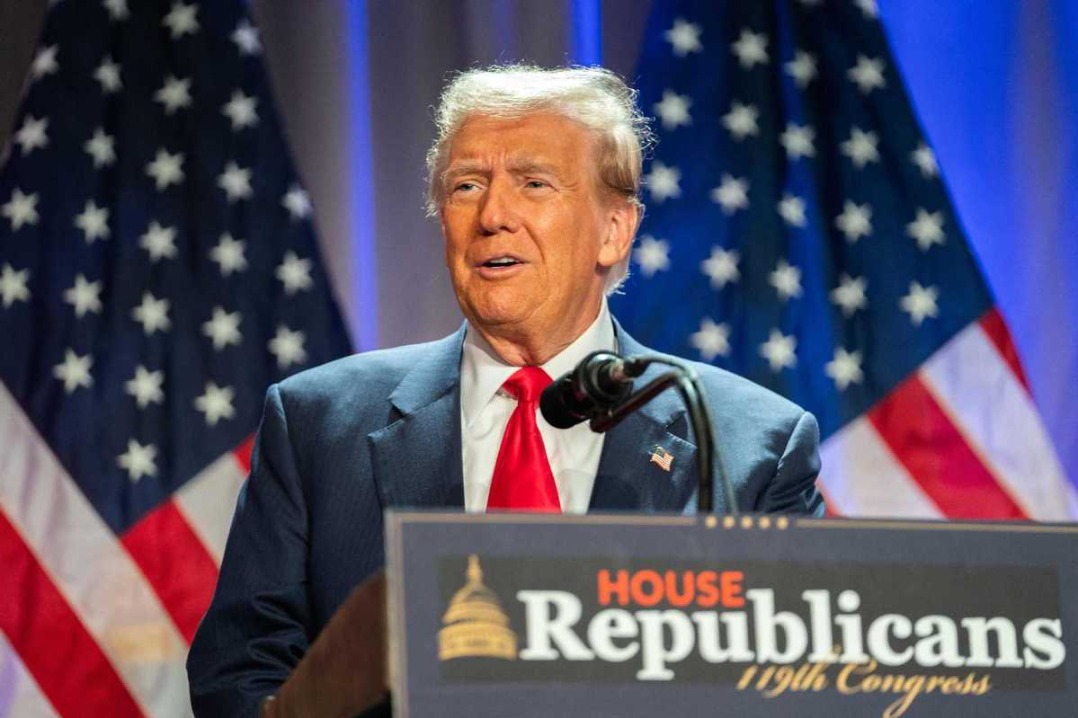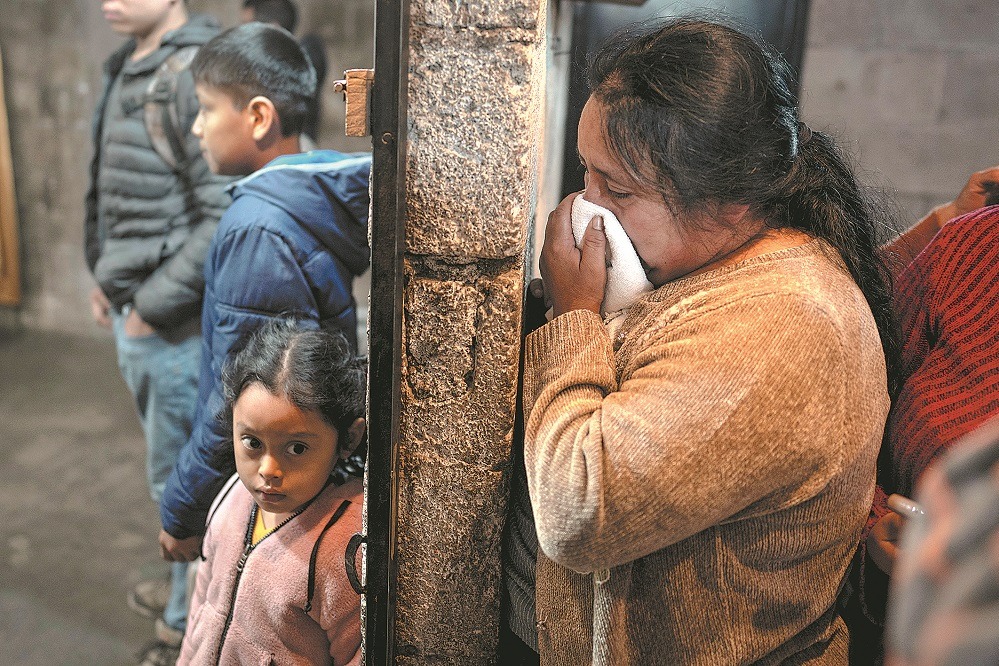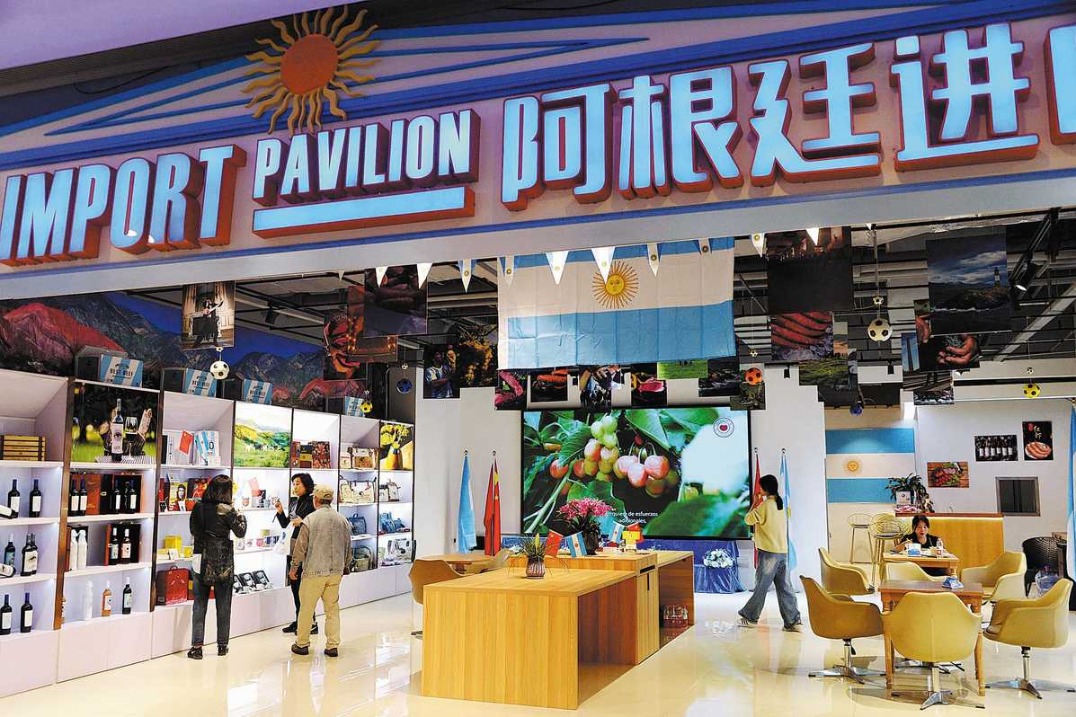South African leader rebuts 'new colonialism' claim

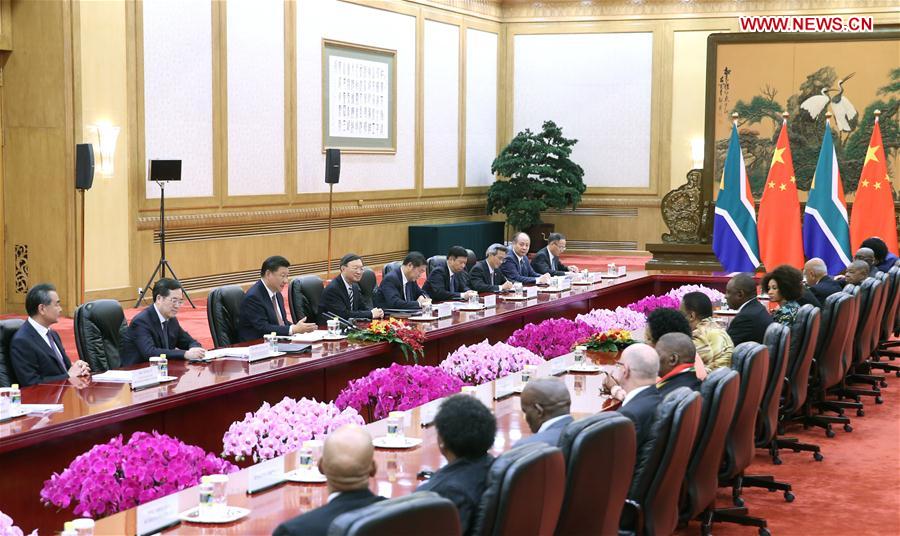
South African President Cyril Ramaphosa rebutted claims that China was becoming Africa's new colonial power on Tuesday, saying "there is no new colonialism in Africa".
The detractors "are jealous of our relationship", which grew from the same historical experience of struggling against the forces of colonialism, Ramaphosa said during a group interview in Beijing ahead of his trip back to South Africa.
Calling China and Africa "trusted and meaningful partners", Ramaphosa said the two "have entered the golden age". The continent has embraced China's plan to boost trade and stimulate economic growth, he said.
Answering a question from China Daily, he said the world is facing some challenges, particularly from the protectionism of some countries that are putting their own narrow interests ahead of cooperation.
"There is nothing wrong when you are saying your country comes first, but if you are doing it at the expense of other countries, there is a problem. That goes against the approach of a multilateral world," Ramaphosa said.
Calling himself "a great defender of multilateralism", the president said, "We need to have a rule-based multilateral world where we work together".
Ramaphosa hailed China's proposal for building a community with a shared future for mankind, saying that really means multilateralism rather than unilateralism.
"It means we should prosper together, rather than one country prospering alone," he said.
A stronger China-Africa community was created by the Forum on China-Africa Cooperation, he added.
The economic value of FOCAC is particularly important in the context of an increasingly uncertain global environment, Ramaphosa said.
"We should be using platforms such as FOCAC to reaffirm our shared commitment to multilateralism, a fair and transparent system of international trade and a global economic architecture that promotes the interests of the developing world," he said.
Calling China-Africa cooperation a forward-looking partnership, he said it involves not only the challenges of the present but preparing for the opportunities of the future.


















